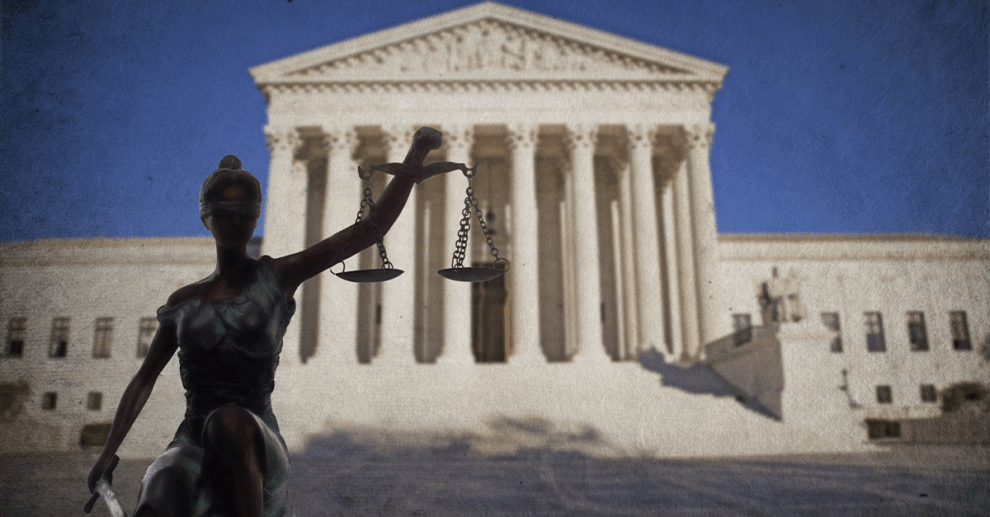“We conclude that Title VII does not impose such a heightened standard on majority group plaintiffs,” wrote Justice Ketanji Brown Jackson in the opinion of the Court.
The U.S. Supreme Court unanimously ruled on Thursday that federal anti-discrimination laws apply equally to all individuals, regardless of minority status. The decision marks a significant turning point in the national conversation about how minority status applies in the workplace.
In the ruling, the Court sided with Marlean Ames, a former 15-year employee of the Ohio Department of Youth Services, by concluding that lower courts improperly dismissed her claim of reverse discrimination based on her sexual orientation. Ames alleged she was demoted and denied a promotion due to her heterosexuality after the department hired a lesbian instead for the promotion and later replaced Ames entirely with a gay man.
Ames’ lawsuit was initially dismissed by the U.S. Court of Appeals for the Sixth Circuit, which ruled that, as a member of a majority group, Ames was required to meet a higher standard of proof.
The lower court invoked the controversial McDonnell Douglas test, requiring Ames to show unusual conditions suggesting the employer could be biased against majority group members, such as a pattern of reverse discrimination or proof that the decision-makers were themselves members of a minority group.
In Thursday’s nine-page ruling, however, Biden-appointed Justice Ketanji Brown Jackson wrote that the Supreme Court would be vacating the Sixth Circuit’s ruling because the justices felt the McDonnell Douglas framework was being misapplied.
Yet another major blow to the discriminatory DEI madness that has overtaken vast portions of this country. ⬇️
This 9-0 rout of sex and race-preferencing sends a clear message:
☑️ EVERYONE is entitled to equal treatment under the law.
☑️ NO ONE should be treated worse because…
— Jeremy Tedesco (@Jeremy_Tedesco) June 5, 2025
“The Sixth Circuit has implemented a rule that requires certain Title VII plaintiffs—those who are members of majority groups—to satisfy a heightened evidentiary standard in order to carry their burden under the first step of the McDonnell Douglas framework,” Jackson concluded in the majority opinion. “We conclude that Title VII does not impose such a heightened standard on majority group plaintiffs.”
Justice Jackson noted that Title VII of the Civil Rights Act of 1964, the key federal employment discrimination law, “prohibits intentional discrimination” on the basis of sex and other protected categories, without reference to whether a person belongs to a minority or majority group.
“By establishing the same protections for every ‘individual’—without regard to that individual’s membership in a minority or majority group—Congress left no room for courts to impose special requirements on majority-group plaintiffs alone,” Jackson wrote.
Justice Clarence Thomas, joined by Justice Neil Gorsuch, wrote a concurring opinion signaling a willingness to revisit the McDonnell Douglas framework itself in a future case. Thomas questioned whether the 50-year-old framework has any basis in the actual text of the law and noted that it has confused lower courts.
The Supreme Court’s decision sends Ames’s case back to the lower courts, directing them to evaluate her claim under the standard applicable to any discrimination plaintiff, without added requirements based on group status.





